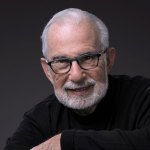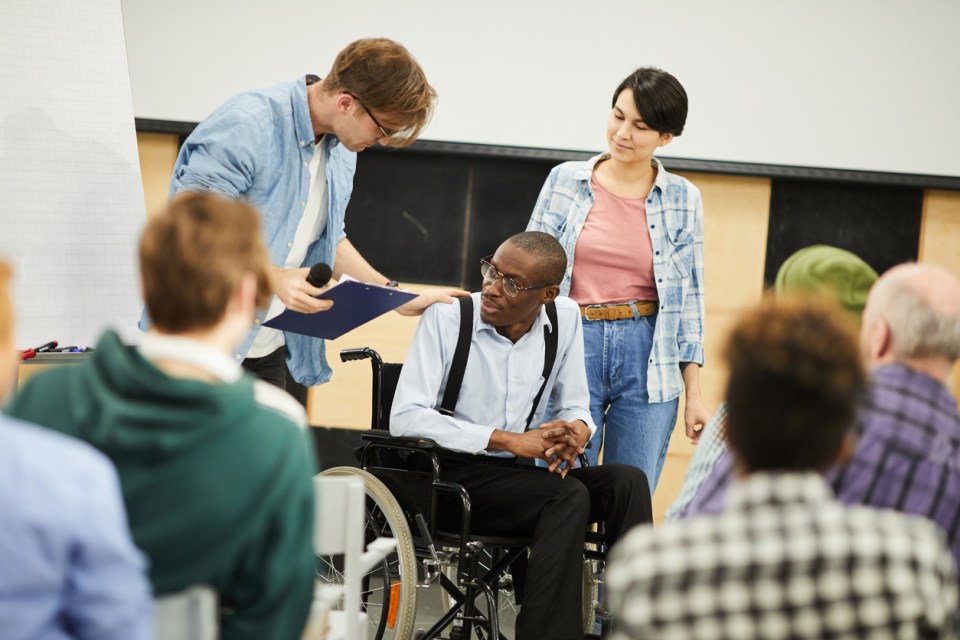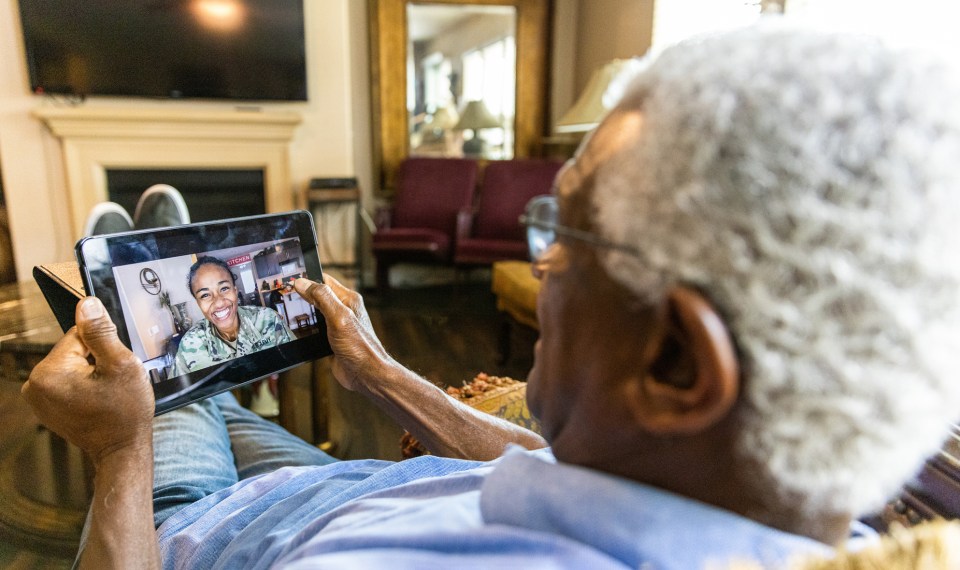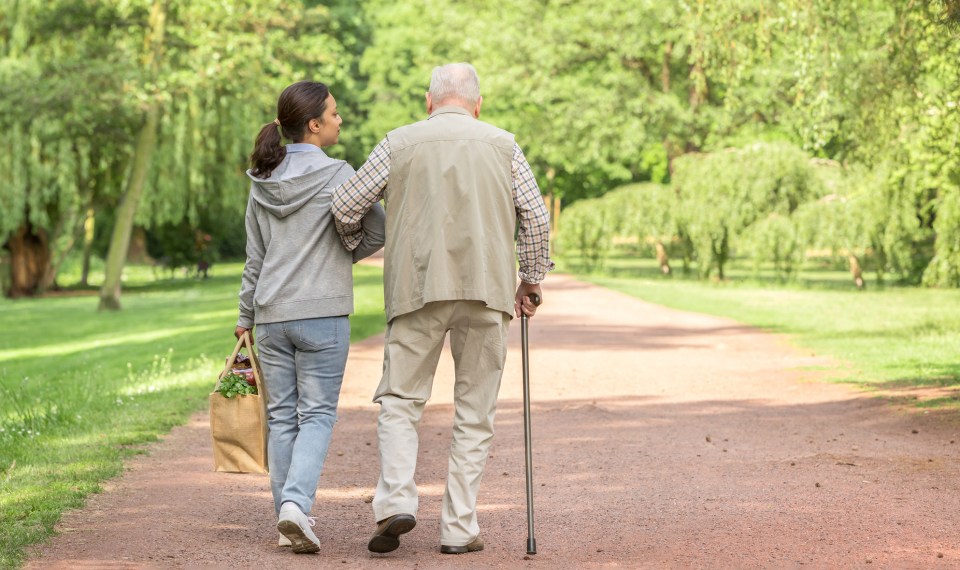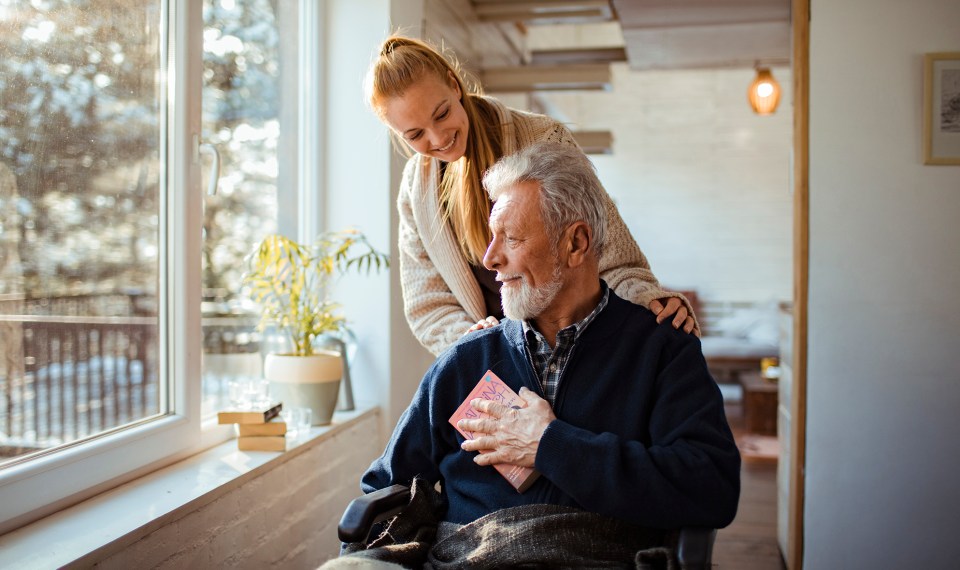Like most individuals I follow my daily routine at work, attend to my social responsibilities and family needs, followed by leisure activities. We all speak of injecting quality into our lives, but what are the components of that very general term?
As an able bodied person I have dreams, desires and aspirations for now and the future. If tomorrow I became disabled would those dreams be any different? Society may believe that people with disabilities don’t want or need the same things as the able-bodied, but they do. It is society that needs to change its view point.
Brian Jennet, a Scottish neurosurgeon, addressed this issue for head injury survivors in 1975. These principles hold true for all disabled individuals and indeed for all of us.
PERSONAL CARE
Most of us take for granted the ability to go to the bathroom, bathe or brush our teeth without assistance. I have had patients who refuse to go home because they could not endure the embarrassment of a spouse cleaning them after going to the bathroom. The ability to master and have control over our bodily functions is prime to a sense of mastery over our lives and correlates directly with a sense of self esteem. Few animals survive if they depend on others for food and basic maintenance. For man it is an issue of quality rather than survival. It is for this reason that so much time is spent in rehabilitation on activities of daily living. We take our morning “routine” for granted while the disabled individual may spend months mastering these “basic” tasks; basic tasks that equate with quality survival!
MOBILITY
As I sit and feel a sense of thirst, I turn away from the computer and go into the kitchen for a drink of water. I go when I want to go and when I need to go. The disabled person who is dependent for mobility may need to rely on a caregiver or helpful person. Independence in mobility is key to the quality of one’s life. If she can propel her own wheelchair or ambulate independently she may be able to live alone. If she can transfer herself from a wheelchair to a commode, she can stay alone during the day. It is for these reasons that we work so hard on mobility.
SOCIAL RELATIONSHIPS
That which makes us most human may be our ability to form relationships. We may not always form satisfactory relationships, but at least the potential is there. We have peers, colleagues, buddies, lovers and spouses. Freud described the balanced triangle of life as “to love-to work-to play.” Disabled individuals see the triangle fractured in two ways. Previous relationships may shatter because the foundations upon which they were built have been altered through physical, behavioral or cognitive changes. That which a partner loved most may no longer be present, and that which she liked the least may now be exaggerated. The ability to form new relationships may be altered by being thrown into a “new” peer group of the physically or mentally disabled. The friends who visited him in the hospital have now retreated to the “safe haven” of their peer group. The social fabric that was once tightly woven starts to unravel and the “quality” supplied through social relationships is diminished.
Rehabilitation must work to rebuild satisfactory social relationships through social skills groups, peer support groups and community re-entry.
WORK
Work is the other corner of Freud’s triangle; through it we enhance our self-esteem, obtain recognition and develop a sense of self-worth. It is this idea of present day satisfaction that is so important. Most of us have a picture in our mind’s eye of what we should be doing and our capabilities. Once achieved, few are willing to settle for less. Many injured or disabled workers face this dilemma daily, being asked to assume a new role that is perceived as less important or less interesting.
FUTURE PROSPECTS
As I sit here writing this article my mind has wandered to my next vacation or trip, plans for the remainder of the year and for the next weekend. It is these plans that fuel the hopes and aspirations for the future. Catastrophic injuries and illnesses may bring a sudden halt to an individual’s or family’s future plans, for one does not know what to expect. A “prescription” for quality will depend on one’s successful transition into appropriate areas that offer fulfilling prospects.
These are lessons not only for the disabled, but for all of us. It should not take a “near death experience” for us to re-evaluate the importance of social and work relationships and to address the priorities in one’s life. We all take these for granted until they are gone-forever.
The content of this site is for informational purposes only and should not be taken as professional medical advice. Always seek the advice of your physician or other qualified healthcare provider with any questions you may have regarding any medical conditions or treatments.
